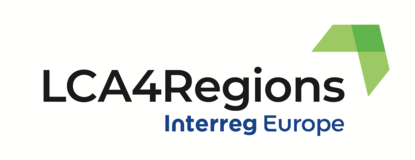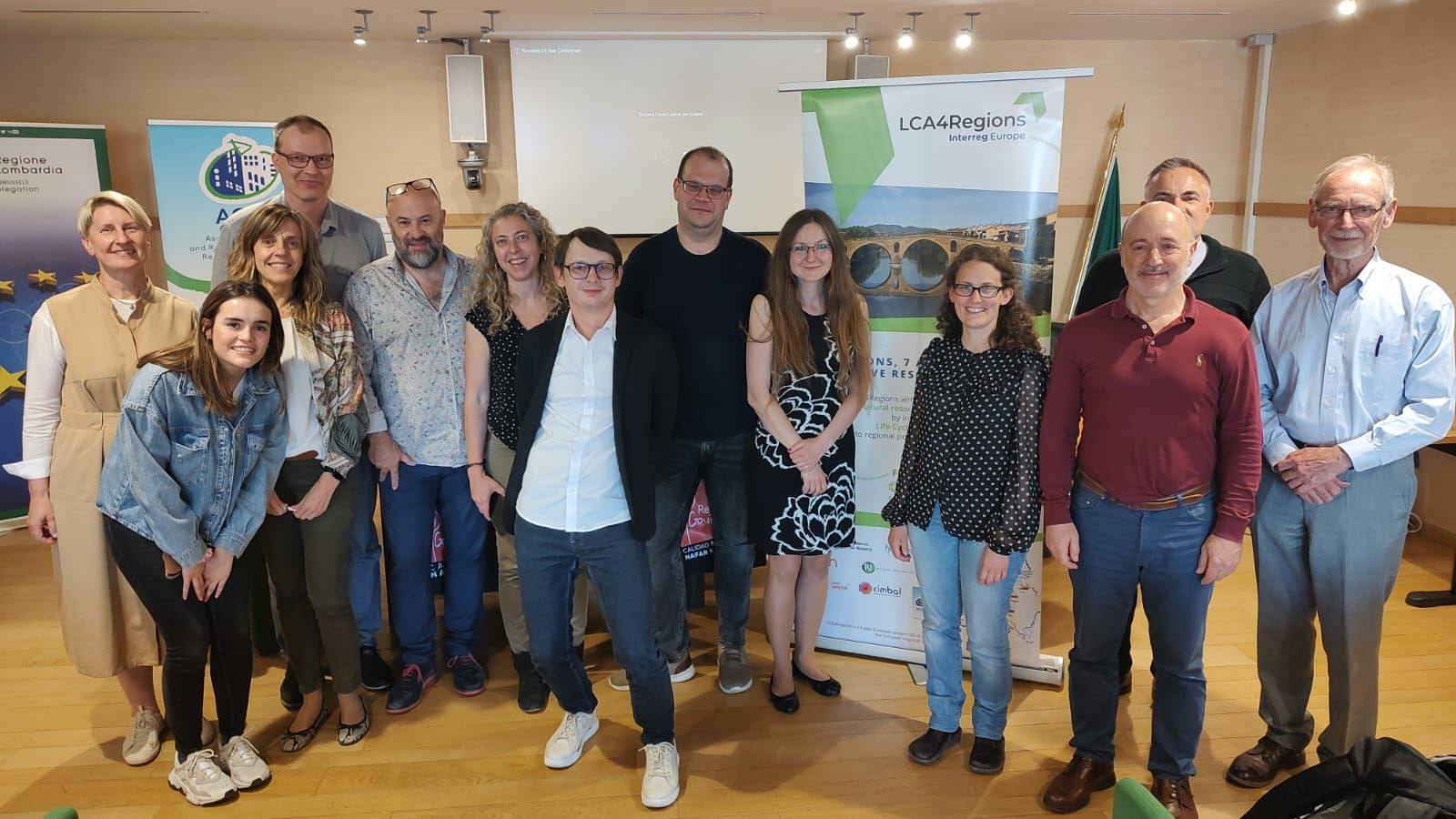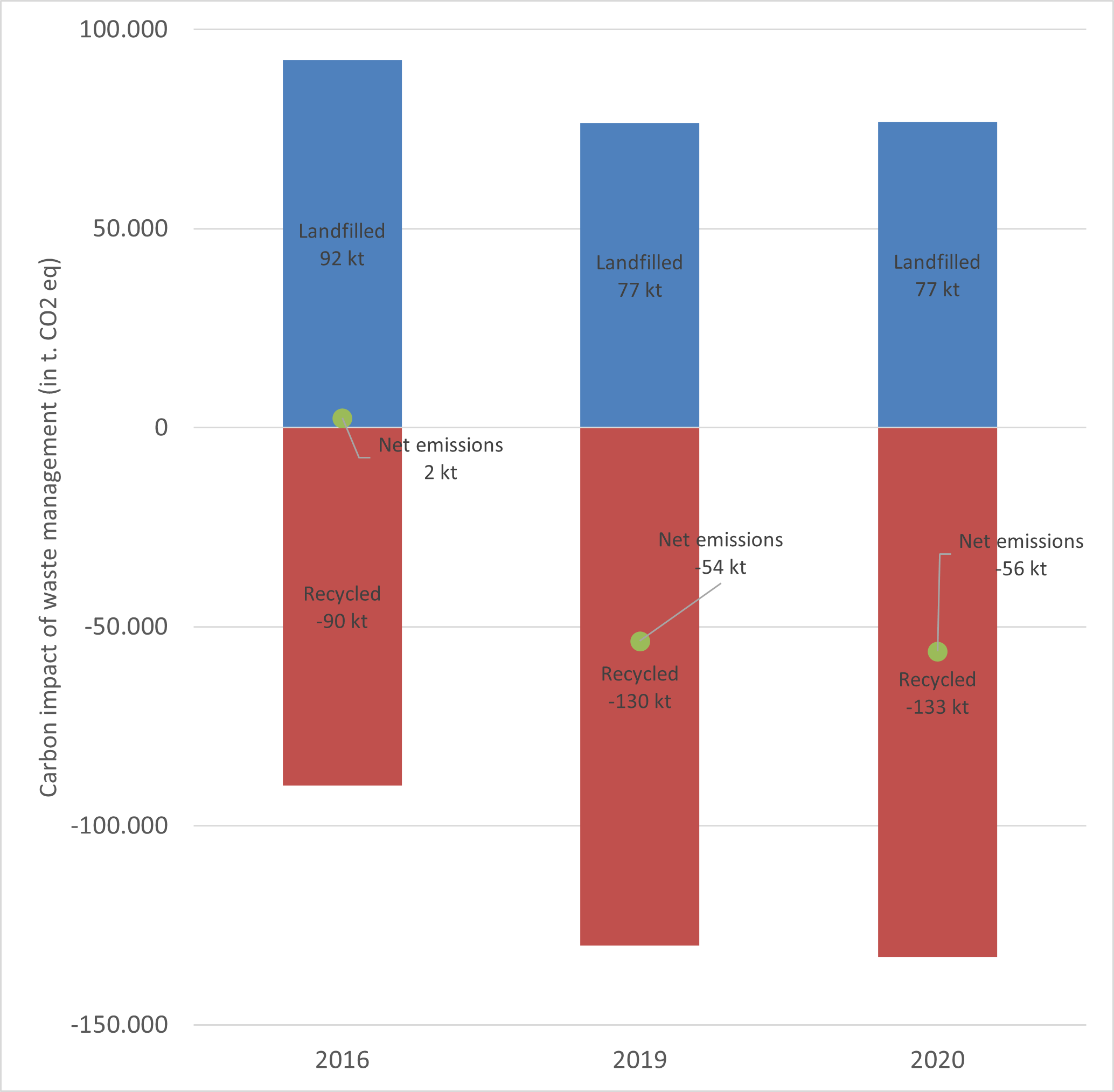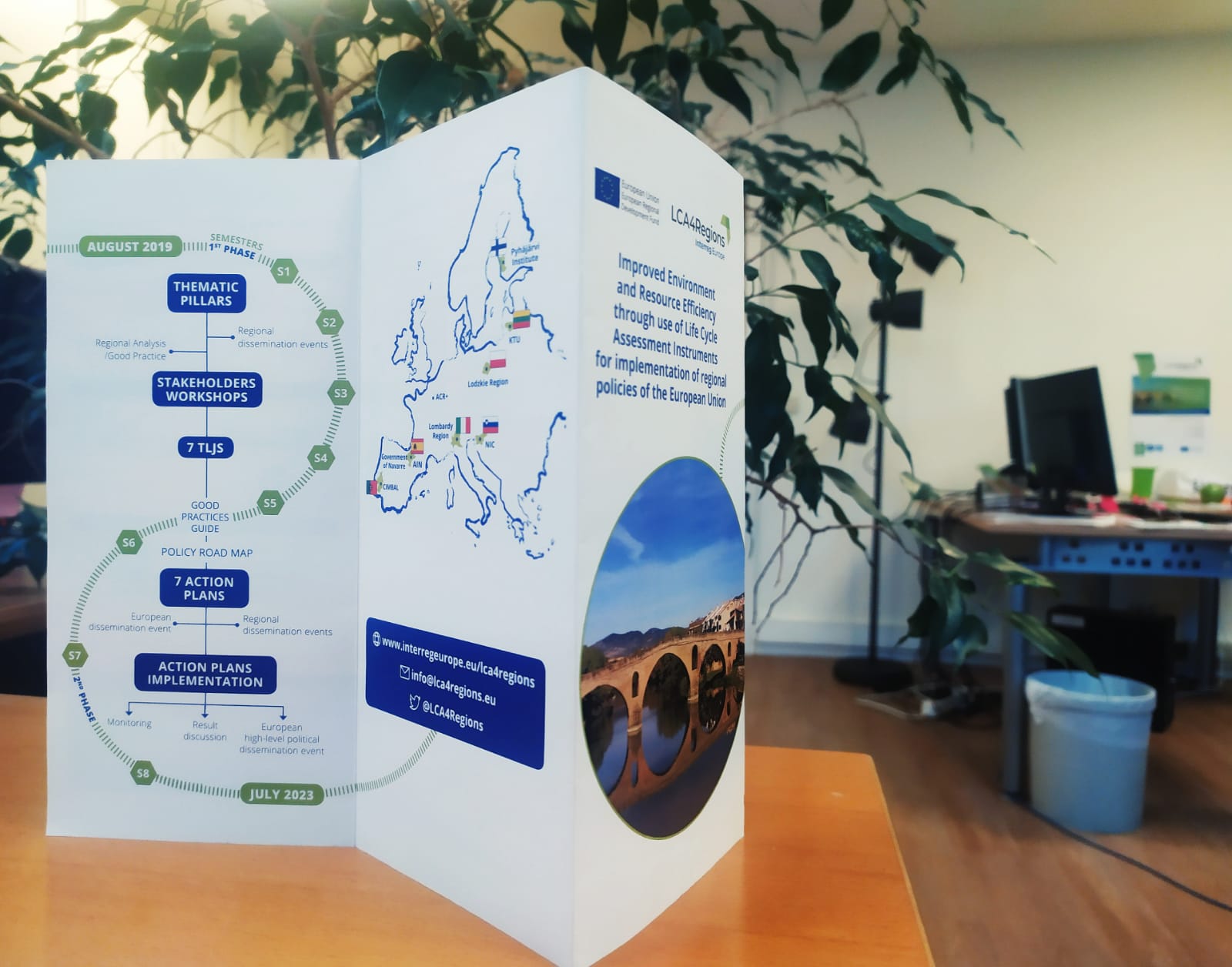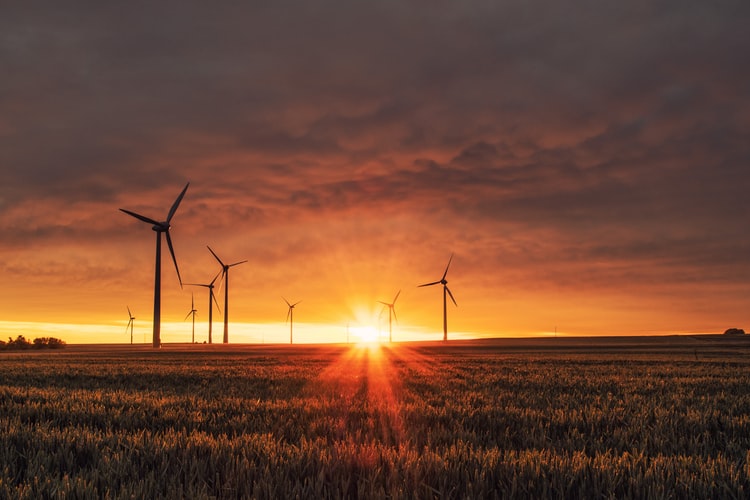The fourth episode of the series dedicated to the policy context of the Lombardy Region focuses on the Waste Management Regional Programme and the Regional Strategy for Sustainable Development.
Waste Management Regional Programme
The Waste management regional programme is currently under development, with a new version to be delivered in spring 2022.
This new programme is also called Toward Circular Economy Plan, because it presents new approaches and contents, such as sections dedicated to special waste, waste prevention, packaging, asbestos and because it doesn’t intend just to deal with waste management, but also with different crucial activities in doing circular economy, across all the value chain.
A summary of the current version of the programme and of the parts of major interest for potential use of LCA is included in the document presenting the policy context of the Lombardy Region, prepared for the TLJ#6.
The Regional Strategy for Sustainable Development
Lombardy's “Regional Strategy for Sustainable Development” outlines the commitments of the institutions and the socio-economic system, from now to 2030 and then to 2050, in pursuing the aims and objectives of the United Nations 2030 Agenda on Sustainable Development, according to the articulation proposed in the National Strategy for Sustainable Development document.
It contains a series of elements referring to the 17 SDGs which refer to future scenarios of regional development in a logic that is as integrated as possible, with a medium-term (2030) and long-term (2050) time horizon. The point is not just to make investments in certain sectors or to allocate more efficient or green resources: it is about changing ways of thinking,approaches with a strong triggering role played by the public administration that, even before proposing financial or regulatory interventions, can act as a forerunner with its own strategic choices towards a new "culture of sustainability".
The projection of the Strategy covers a period of 30 years and intends to identify a vision for the future that can resist (and adapt) to changes, to transformations and any discontinuities that may occur in the coming years. It is a question of trying to draw a long-term perspective for Lombardy.
The Strategy, while deriving - in the state legislative provision - from the Decree Legislative 152/2006 “Environmental regulations” does not refer only to environmental objectives: sustainability, as has been clarified on several occasions both at the level regional and national level, concerns the life of citizens as a whole and considers fully the three economic, social and environmental dimensions.
The goals of the Agenda 2030 are strongly interrelated one another and their respective targets therefore require a global and transversal commitment. The starting point remains the positioning of the regional territory, even in a competitive and benchmark logic, with the photography of Lombardy as is, in his current territorial policies and with its current strategic plans and programs, also projected forward, with medium-long term time horizons.
The Strategy is the result of a process of sharing and dialogue with stakeholders, starting from the initial document proposal Strategic, formulated by the Regional Council and presented at the 1st Regional Forum for the sustainable development (November 2020).
The Strategy identifies 5 strategic Macro-areas. The Macro-area closest to the project topics is area n. 4 Mitigation of climate change, energy, production and consumption. Each area collects several local/regional objectives, coherent with the SDGs and with the National Sustainable Development Strategy ones. The Strategy provides also a reference framework for each area and objective.
The following objectives of the strategic Macro-area 4 could be supported by LCA based tools:
- Mitigation of climate change:
o Reduce the consumption of energy produced according to new models;
o Territorialization and monitoring of policies;
o Promote decarbonisation. - Reduction of emissions in the civil sector, in production activities and in transport:
o Reduce energy consumption in the civil sector;
o Increase the energy efficiency of the production system;
o Decarbonising mobility. - Development of renewable energy sources;
o Increase the percentage of RES;
o Identify suitable areas and evaluate the production potential of RES;
o Developing renewable energy communities; - Circular economy and sustainable production models:
o Promote the circular transformation of supply chains;
o Promote eco-innovation processes;
o Prepare new implementation and knowledge tools;
o Coordinate interventions between different sectors; - Sustainable consumption models for citizens and the public administration:
o Educating for sustainable lifestyles and behaviours;
o Developing new tools and best practices.
